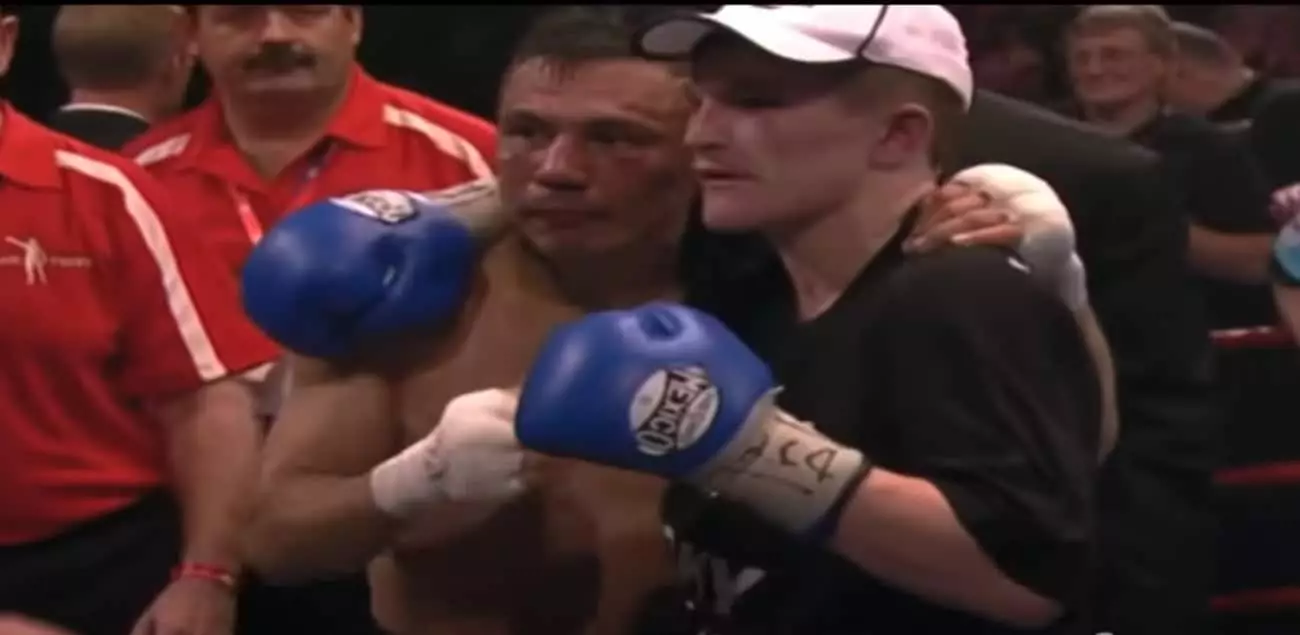In a move that has sent ripples through the boxing community, former world champion Ricky Hatton expressed his astonishment at Manny Pacquiao’s decision to return to the ring at 46 years old. Having long retired after a storied career, Pacquiao’s unexpected re-entry into boxing raises several questions about not only his motivations but also the integrity of the sport itself. The fact that he has been reinstated in the WBC welterweight rankings—despite not having fought since 2019—stirs a myriad of emotions and reactions, especially considering the fighters he once faced and dominated.
Hatton, who faced both Pacquiao and Floyd Mayweather in his prime, expressed disbelief at the circumstances surrounding Pacquiao’s return. The juxtaposition of a 46-year-old Pacquiao vying for a world title against the backdrop of modern boxing practices invites a critical examination of the sport’s evolving landscape. It seems that boxing is perpetually at a crossroads, grappling with age, stardom, and the all-important question of whether past glories grant one reconsideration into the competitive sphere.
Questions of Legitimacy
The reinstatement of Pacquiao in the rankings, particularly at a spot as high as number five, forces followers of the sport to consider the criteria that govern such decisions. Hatton’s incredulity resonates with many who fear that the essence of competition may be overshadowed by the allure of drawing power and nostalgia. Can one truly remain relevant in a sport that continuously evolves if they have been absent for so long? While history and past achievements undeniably carry weight, should they translate into present accolades, especially when the fighter has been inactive for an extended period?
The argument highlights systemic issues within boxing, as sanctioning bodies often prioritize monetary potential over competitive fairness. Hatton’s poignant remarks about the surrealness of a retired fighter jumping straight back into title contention raise ethical queries. Shouldn’t the current crop of fighters get their shot based purely on their recent performances?
Legacy vs. Reality
Recall that in their prime, both Hatton and Pacquiao achieved legendary status. But the truth remains that time is an unforgiving adversary. Hatton, reflecting on his own career, admits that by the time he faced Pacquiao, he was no longer at his peak. This admission serves as a reminder that within the grueling realm of boxing, the consequences of age can manifest in dramatic shifts in ability and performance. The “ring rust” that often affects returning fighters is a real concern when discussing Pacquiao’s potential for success in the current boxing climate.
Furthermore, Hatton provocatively compares Pacquiao’s return to the controversial matchups involving fighters like Mike Tyson. Tyson, known for his explosive knockout power, faced ridicule after taking on younger opponents years post-retirement. Such matchups breed controversy— are they a testament to experience, or a dilution of the sport’s competitive spirit? Pacquiao’s own return begs similar questions, as the industry veers dangerously close to fostering spectacles rather than defining athletic contests.
Pacquiao’s Enduring Reputation
Despite the uncertainty surrounding his comeback, the one thing that should not be undermined is Pacquiao’s legacy as one of the sport’s all-time greats. His skill set, speed, and fists wielded the power to reshape fights, and to this day, he exists as a reference point for aspiring boxers. Hatton’s thoughts, colored by personal experience, shine a light not only on Pacquiao’s remarkable timeline but also illustrate how perceptions morph in the face of enduring history.
Yet the question still lingers: can Pacquiao reclaim that magic at such an advanced age? Challenges against active fighters like Mario Barrios thump heavily at the doors of reality. If he does succeed, what will it mean—not just for him, but for the broader implications within the sport? Would such victories reinvigorate a sense of hope for others considering a similar path, or underscore the fragility of a once-brilliant career stepping back into the competitive arena?
In an era when age and experience weigh against the quicksilver youth of modern boxing, Pacquiao’s return could very well be a counter-narrative, affirming that the essence of a fighter, once ignited, may never truly die.

